Acclaimed Irish filmmaker Jim Sheridan was honored at this year’s Amman Intl. Film Festival, where Ireland received a tribute as its country of honor.
The six-time Oscar nominee (“My Left Foot,” “In the Name of the Father”) arrived with new projects on the horizon and plenty to say about the state of cinema and the role of politics in storytelling.
Among Sheridan’s upcoming films is an unusual project about Galapagos sea lions, “Lions of the Sea.” “It’s fiction, but with real sea lions, so it’s kind of crazy,” he said with a laugh. The film centers on an alpha male sea lion navigating a changing world disrupted by overfishing and climate change. “It’s a world where everything is out of balance, and they don’t know how to deal with it.”
Sheridan is also developing a more personal film with his daughter, Clodagh. Tentatively titled “Into and Out of Africa,” the story is inspired by a real-life road trip the two took from Dublin to Marrakech, with two cats and a dog in tow. “It mixes the immigrant story with the family story,” he said. “Like ‘In America,’ except they’re going to Africa, not America.” The film follows a father and daughter as they traverse borders and cultures, deepening their understanding of one another along the way.
In Amman, Sheridan reflected on how Ireland’s complex history informs its cinema, as well as its outlook on global issues. “We have a racial memory of oppression,” he said, referring to Ireland’s colonial past. “So we feel for people standing up against oppressive structures.” That sentiment, he noted, has shaped Irish expressions of solidarity in recent years, though Sheridan was careful to focus more broadly on historical parallels than current politics.
His own films have long dealt with themes of identity, trauma, and injustice. When asked how those themes resonate in the Middle East, he drew comparisons to other regions that have experienced colonial legacies. “The Middle East is a worse situation than Northern Ireland ever was,” he said. “But I think the only weapons you can use are intellectual and nonviolent. It’s hard to organize people for peace, but that’s what’s needed.”
Sheridan emphasized the importance of storytelling that allows audiences to connect with individuals, rather than political abstractions. “It’s very hard to find individual heroes in collective situations,” he said, noting the challenge in portraying nuanced narratives from places like Gaza without reducing people to headlines. “You want to humanize the collective, but that’s difficult.”
That struggle is one he’s faced before. When developing “In the Name of the Father,” Sheridan chose to focus on the relationship between a wrongly imprisoned father and son, rather than the broader “Guildford Four” case. “Father and son in jail, that’s a movie. That’s individualism,” he said. “A father who’s nonviolent, who’s the moral authority, you can’t contradict that.”
Sheridan believes cinema today is increasingly losing its moral center, and perhaps worse, its communal spirit. “Film was always TV. You saw the ad on TV and it told you to go to the cinema. Now, the TV tells you to stay at home,” he said. He’s skeptical of what streaming has done to the medium. “The collective experience is gone,” he said. “They make lousy movies. I haven’t seen one good f—ing movie on a streamer,” he added, with characteristic bluntness.
Despite his criticism, Sheridan sees potential in new voices. “There’s a lot of success in Irish film right now,” he said, pointing to recent acclaim for “The Quiet Girl” and “The Banshees of Inisherin.” But he wants to see more politically engaged work from emerging filmmakers. “There’s not enough agitprop,” he said. “I’ve had it with entertainment. The Americans do entertainment better than anybody. We need other voices.”
At the Amman Festival, Sheridan was energized by conversations with filmmakers from across the region. “I’m not just meeting Jordanians, I’m meeting people from Egypt, Palestine, all over,” he said. “Jordan is this open-borders country, and it doesn’t seem to have a huge anti-immigrant sentiment. It feels like a nomadic culture that accepts people.”
As for what’s next, Sheridan is deep into outlining “Into and Out of Africa,” and remains committed to returning audiences to a shared cinema experience. “I’d love to put the collective experience back into cinema,” he said, “and I will try.”

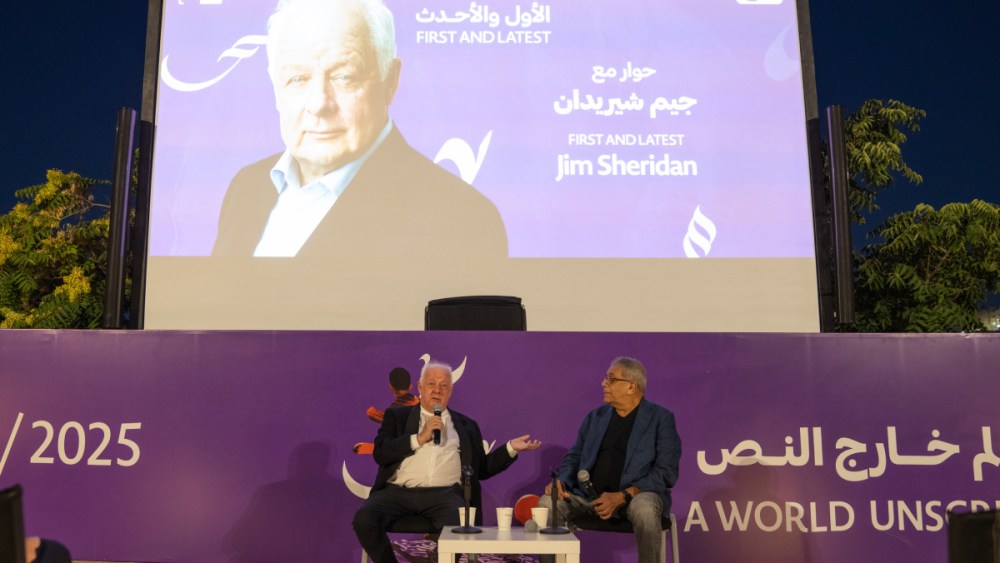



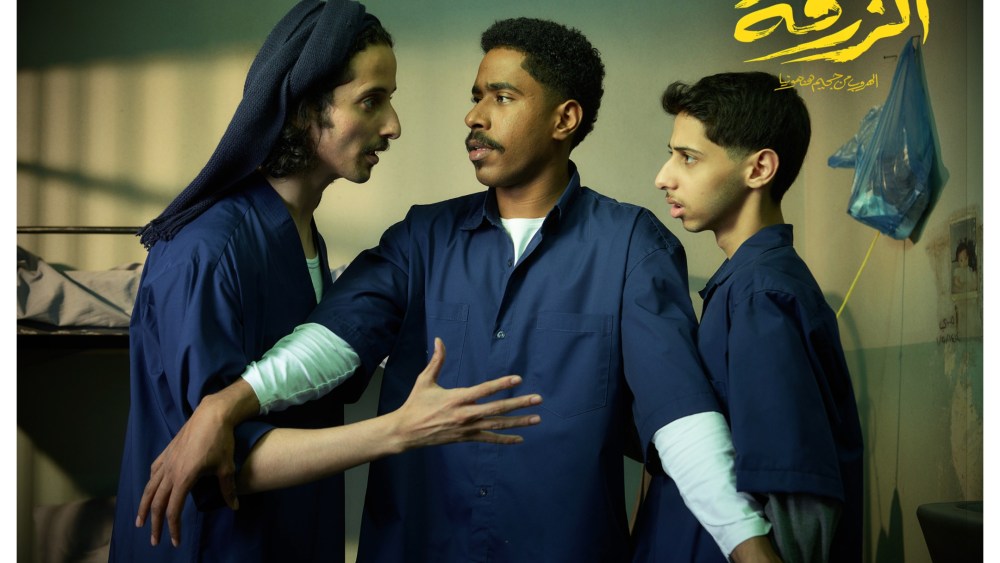

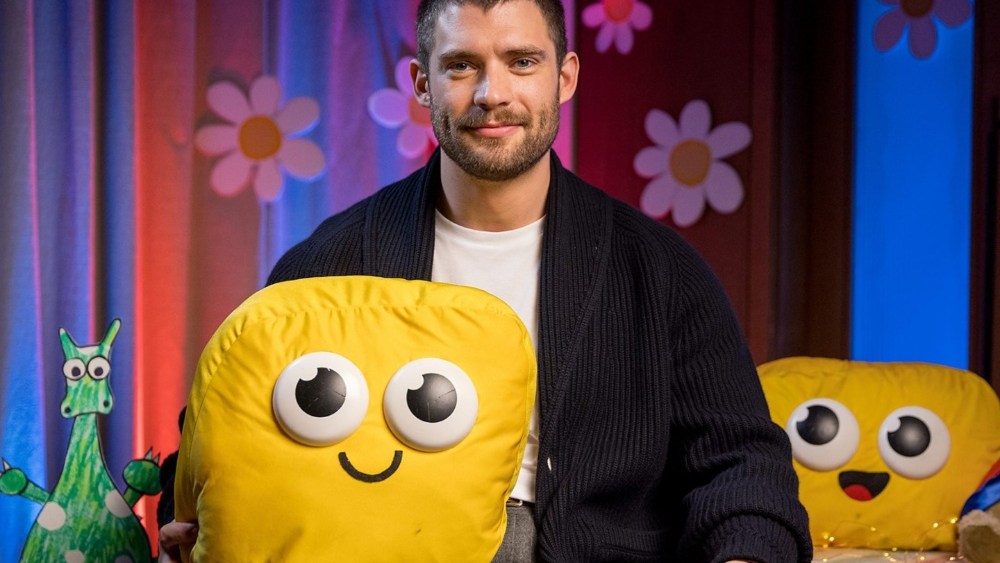

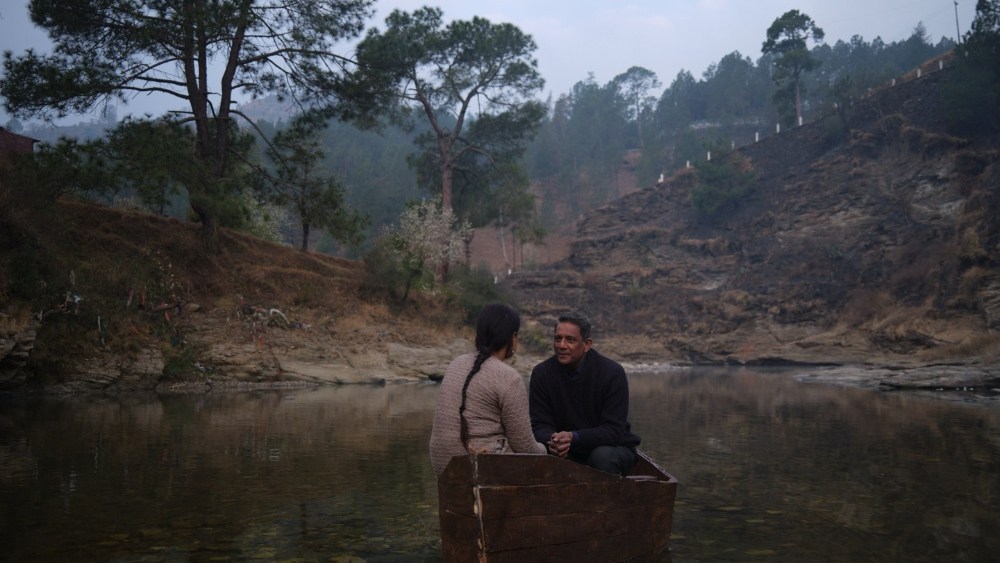
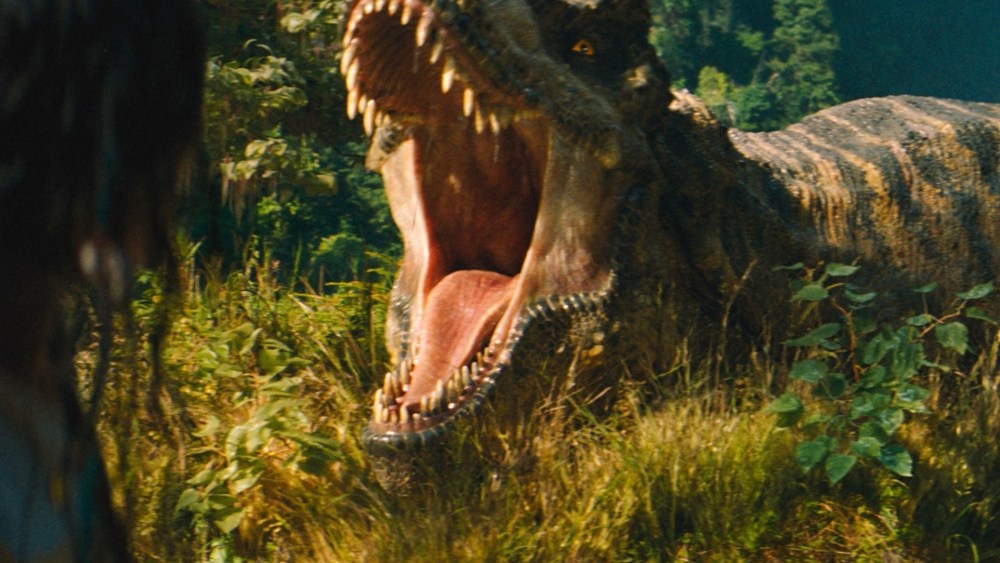




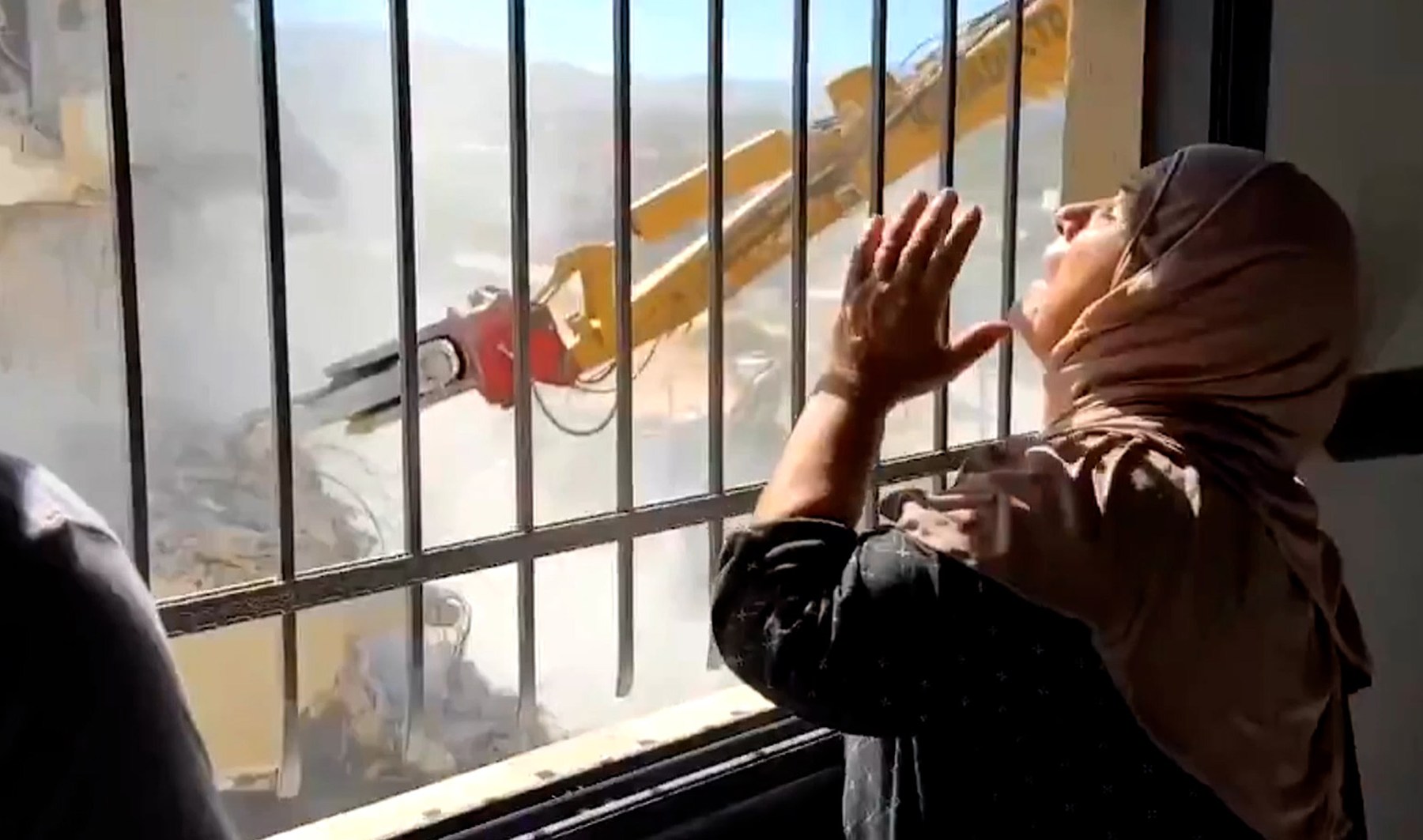
Leave a Reply